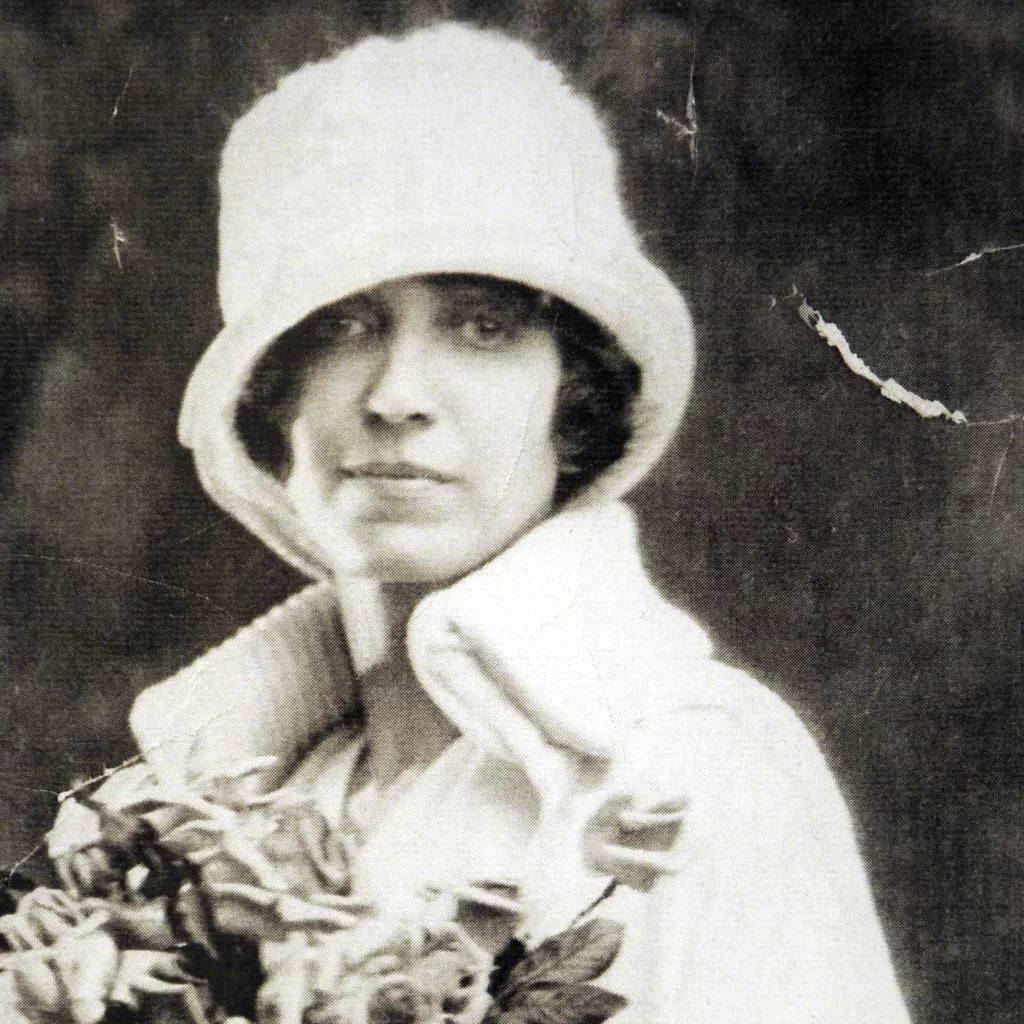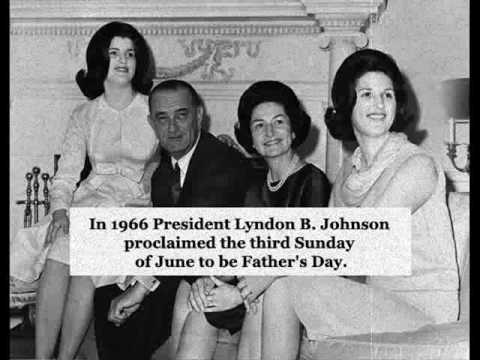Introduction:

Every year, we set aside a special day to honor and appreciate the fathers in our lives. Father’s Day is a time when we express our gratitude, love, and admiration for the men who have played a significant role in shaping our lives. However, have you ever wondered about the origins of this cherished day? In this article, we delve into the fascinating history of Father’s Day, its humble beginnings, and the values it represents for us as a community of faith.
A Brief History:

The origins of Father’s Day can be traced back over a century ago in the early 20th century. While there is some debate about the exact place and time of its inception, the widespread recognition of Father’s Day is attributed to the efforts of Sonora Smart Dodd from Spokane, Washington, in the United States.
Inspiration Behind Father’s Day:

The inspiration for Father’s Day struck Sonora Smart Dodd while she was listening to a Mother’s Day sermon in 1909. Having been raised by her widowed father, William Jackson Smart, along with her five siblings, Sonora recognized the importance of paternal love and support in a child’s life. Driven by a desire to honor her father’s selflessness and devotion, Sonora embarked on a mission to establish a day dedicated to fathers.
The First Father’s Day Celebration:

On June 19, 1910, the first Father’s Day celebration took place in Spokane, Washington. Sonora Smart Dodd, along with the support of local religious leaders and organizations, arranged a special church service to honor fathers. The day was chosen to coincide with William Jackson Smart’s birthday, who was widely respected in their community for his dedication and fatherly love.
Gradual Recognition and Spread:

Although the initial celebration of Father’s Day received considerable attention locally, it took some time for the concept to gain national recognition. Over the years, Sonora Smart Dodd tirelessly campaigned for the recognition of Father’s Day, writing letters to government officials, religious leaders, and influential figures. Her persistent efforts gradually led to the acknowledgment of Father’s Day as a national observance.
Presidential Proclamation:

It was not until 1966, more than 50 years after the first Father’s Day celebration, that President Lyndon B. Johnson issued the first presidential proclamation honoring fathers and officially designating the third Sunday in June as Father’s Day. Six years later, in 1972, President Richard Nixon signed a law establishing Father’s Day as a national holiday in the United States.
The Significance for the Church:

Father’s Day holds a special place within our church community. It is an occasion for us to reflect upon the sacred role of fathers in the lives of their children and families. Just as God, our Heavenly Father, demonstrates unconditional love, guidance, and support, fathers are called to be beacons of love, strength, and spiritual leadership within their households.
Fatherhood is a noble responsibility, and this day offers an opportunity for us to appreciate and affirm the vital role that fathers play in nurturing the faith and character of their children. It is a time to offer prayers of gratitude for their tireless efforts, and to encourage and uplift those who embrace the noble journey of fatherhood.
Conclusion:
As we celebrate Father’s Day, let us not only express our appreciation for the fathers in our lives but also reflect on the values it represents. The origins of Father’s Day remind us of the power of love, sacrifice, and devotion that fathers embody. It is a day to honor and thank the men who have selflessly shaped our lives and guided us on our spiritual journeys.
May we embrace this opportunity to celebrate fathers not just on a single day but throughout the year.

Be the first to comment on "Celebrating the Origins of “Father’s Day”: A Reflection on Honor, Love, and Gratitude"